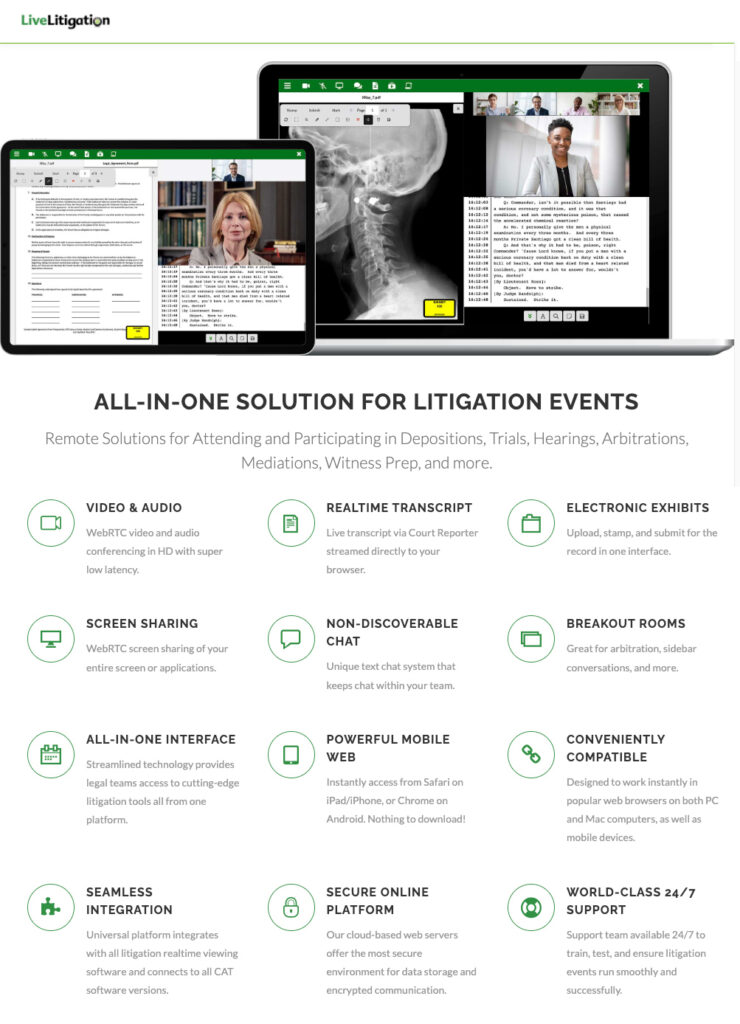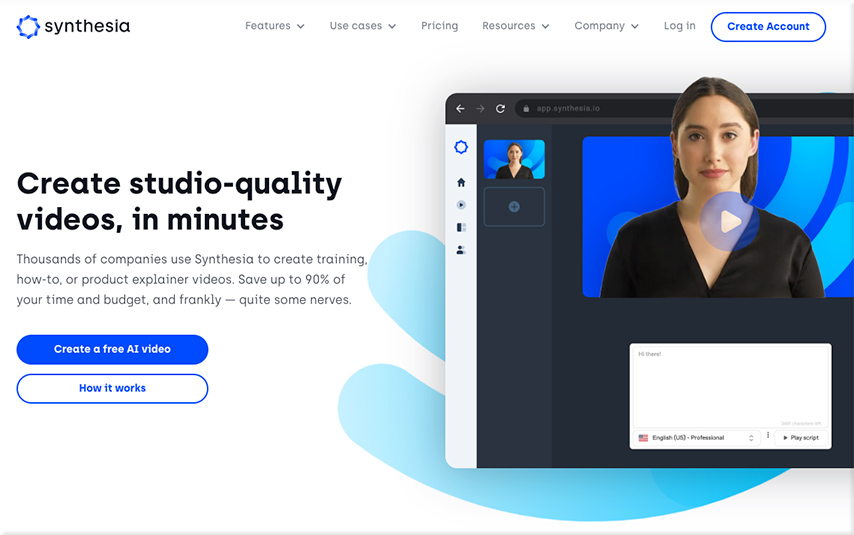The Great Resignation: The toll taken on the legal field and what comes next — from abajournal.com by Thomas MacDonald
Excerpt:
The pandemic has reshaped thinking around the value of work. The Thomson Reuters Stellar Performance: Skills and Progression Mid-Year Survey uncovered three specific priorities legal professionals are factoring into their career decisions.
- Balance: Young professionals are more in tune with work-life balance and place a higher value on mental well-being, leisure and other activities outside of work than previous generations.
- Family: A higher percentage of the professional workforce are mothers. Likewise, men are taking a more active role in child-rearing than previous generations, as younger professionals juggle more domestic responsibilities across the board.
- The Long Game: Many Generation X and millennial employees have long since conceded that their retirement will likely come much later in life than their elder counterparts. The prospect of working for an extra decade—or more—has tempered the enthusiasm for grinding away during their formative years.
Also relevant/see the following articles:
8 Legal Experts on the Future of the Billable Hour — from artificiallawyer.com
Excerpt:
Are you still billing by the hour? The reality is that most lawyers are and plenty will still be using it in the year 2032. However, many legal experts agree: the billable hour is under pressure, forcing lawyers to investigate other billing methods as well.
Laura Rosseel, Senior Associate at Cambrian, explains clearly why the billable hour is a topic for discussion: ‘There are countless arguments against working with billable hours. Invoicing based on billable hours puts the risk of both unpredictability in the scope of work as well as potential inefficiency on the client, instead of the law firm that is providing the service.
‘It does not differentiate based on the value of the task at hand, the urgency, or the time of day (or night), with which the task is carried out. Additionally, it is a performance metric for lawyers that favours working more over working better, and the relentless pressure is causing junior and mid-level lawyers to leave their firms.’
Digital exhaustion: Redefining work-life balance — from enterprisersproject.com by Irvin Bishop Jr.
Is your team suffering from the digital exhaustion that so often comes with remote and hybrid work? Consider these strategies to ease the stress
As workers continue to create and collaborate in digital spaces, one of the best things we can do as leaders is to let go. Let go of preconceived schedules, of always knowing what someone is working on, of dictating when and how a project should be accomplished – in effect, let go of micromanagement. Instead, focus on hiring productive, competent workers and trust them to do their jobs. Don’t manage tasks – gauge results. Use benchmarks and deadlines to assess effectiveness and success.
What did we learn at the CLOC Conference? — from zachabramowitz.substack.com by Zach Abramowitz
QR Codes, Outside Counsel Startups Make Great Shirts and Standing Out in a Sea of CLM
Some of the tools/products/vendors Zach mentioned were:
- outside counsel management tools Persuit and JusticeBid
- Justicebid.com
- Legalmation.com











